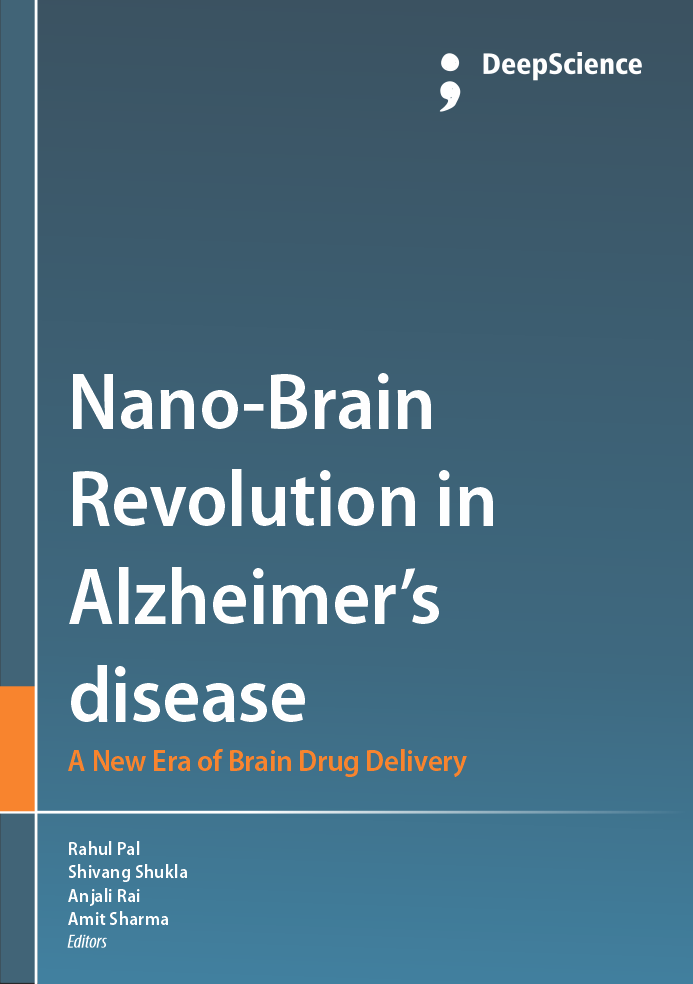Lipid-Based Nanocarriers: Liposomes and solid lipid Nanoparticles for Alzheimer’s diseases Management
Synopsis
Alzheimer's disease (AD) disease is a slowly progressing neurodegenerative disorder identified by cognitive decline and memory loss along with limited therapy approaches attributed to the Blood-brain barrier (BBB) preventing the absorption of drugs. Lipid-based nanocarriers particularly liposomes and solid lipid nanoparticles (SLNs) have become known as promising methods for improving drugs bioavailability, enhance cerebral targeting and minimising systemic side effects. Liposomes described by their bilayer of phospholipid structure facilitate encapsulation of both hydrophilic and hydrophobic pharmaceutical products while solid lipid nanoparticles (SLNs) provides controlled release and increased stability. These small particles enable blood-brain barrier penetration via changes to the surface (e.g., PEGylation, ligand conjugation) and can transport drugs for therapy such as cholinesterase inhibitors, anti-amyloid peptides and neuroprotective chemical compounds. The study emphasises new advances in liposome and solid lipid nanoparticle delivery systems for Alzheimer's disease management, evaluating their procedures, advantages and problems in both clinical and preclinical studies.













